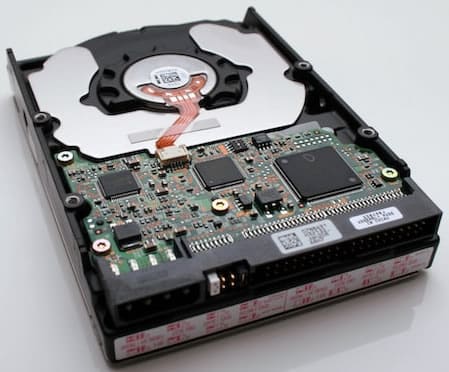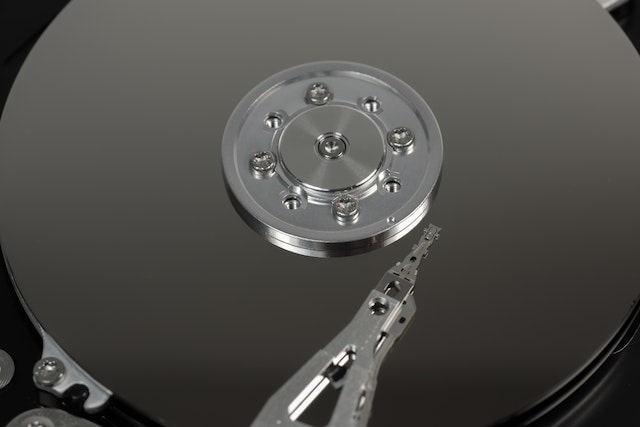What not to do when your external hard disk fails
An external hard drive can be a lifesaver when it comes to storing and backing up important data, but like any mechanical device, it can fail. If your external hard drive fails, it’s important to know what not to do in order to avoid further damage and increase your chances of recovering your data. Here are some things to avoid when your external hard drive fails:
- Don’t shake or hit the drive: If your hard drive is making strange noises or has stopped working altogether, it’s tempting to try and fix it by shaking or hitting it. However, this is a bad idea, as it can cause further damage to the drive and make it even harder to recover your data.
- Don’t open the drive: External hard drives are sensitive pieces of equipment, and opening them up can be risky. Unless you are a trained professional with the proper tools and knowledge, it’s best to avoid opening the drive.
- Don’t try to fix the drive yourself: If you are not familiar with computer hardware, it’s best to avoid trying to fix the hard drive yourself. Attempting to repair the drive can cause more damage, and you could even end up making the problem worse.
- Don’t ignore the problem: If your external hard drive fails, it’s important to act quickly to try and recover your data. The longer you wait, the less likely it is that you will be able to retrieve your files.
If your external hard drive fails, the best thing to do is to take it to a professional hard disk data recovery service. These data recovery companies have the tools and expertise to extract data from damaged drives and can often recover your data for a fee. Alternatively, you can try connecting the drive to another computer as an external drive to see if you can access any of the data. Just be sure to handle the drive carefully and avoid making any further damage
What to consider when choosing a replacement for your failed external hard drive
When choosing a replacement for your failed external hard drive, there are several factors you should consider:
- Capacity: Make sure to choose a drive with enough capacity to meet your storage needs. Consider how much data you currently have and how much you will need to store in the future.
- Speed: Look for a drive with a fast data transfer rate, as this will make it easier to access your files and improve the overall performance of your computer.
- Compatibility: Check to make sure the drive is compatible with your computer’s operating system and any other devices you plan to use it with.
- Portability: If you plan to take your hard drive with you on the go, look for a compact and portable model.
- Price: Consider your budget when choosing a replacement hard drive. Look for a drive that offers good value for the price and comes from a reputable brand.
- Warranty: Make sure to choose a drive that comes with a good warranty, as this will give you peace of mind and protect your investment in case of any issues.
- Brand reputation: Research the brand and read reviews from other users to get an idea of the drive’s reliability and performance.
By considering these factors, you can find a replacement hard drive that meets your needs and helps you avoid future problems.


